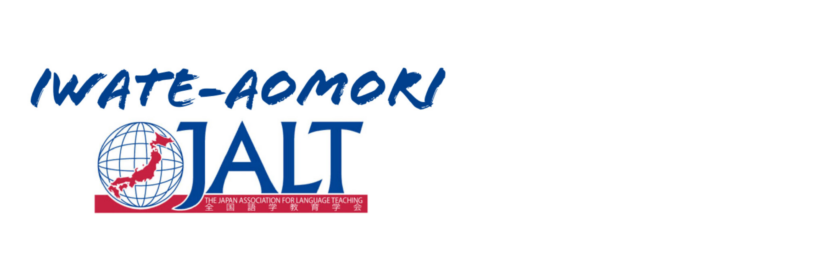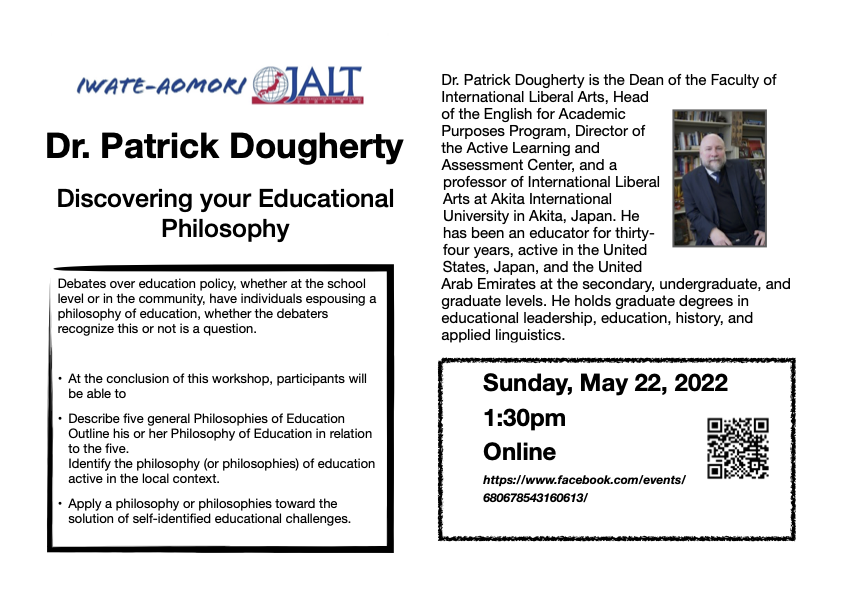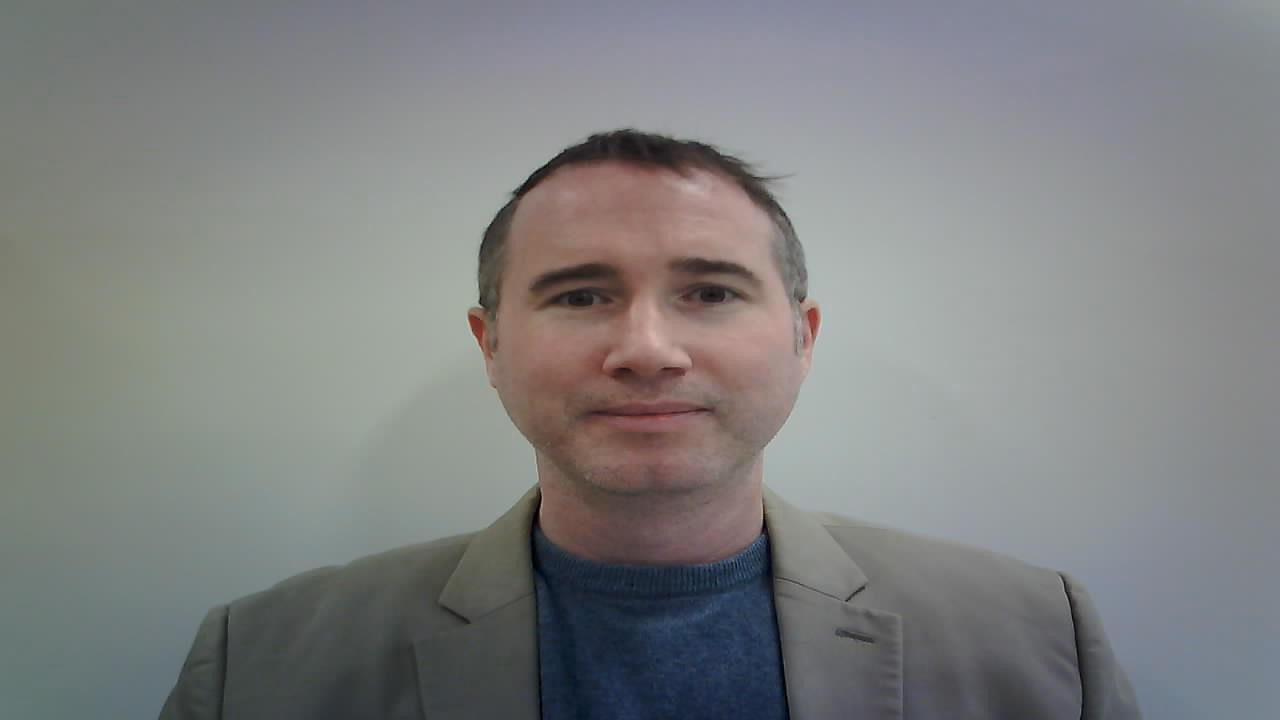A double feature presentation with Adam Murray at Iwate University.
Sunday, March 3, 2024
The Faculty of Education, Building 1 (教育学部一号館)
Room E22.
Free Admission.
Listening: The Essential Language Skill In the first part of my talk, I will talk about the impact of anxiety on foreign language learning. I personally became interested in this area of research from my experiences learning and using Japanese. I conducted a medium-sized study with 176 undergraduate students who were enrolled in compulsory EFL classes for non-English majors at four universities. I will talk about the design of the study in both practical and theoretical terms. I will also describe the relationship between listening anxiety and performance on the one-way listening tasks based on the listening section of the TOEIC test. In the second part, I will talk about listening instruction in the classroom. I will talk about some of the issues that need to be considered when selecting listening materials (authentic vs. textbook). Also, I will talk about students’ perceptions of listening materials in terms of perceived difficulty. Finally, I will demonstrate some supplementary listening activities that can be easily adapted for your classes.
Formative Assessment for the Language Classroom: Do’s and Don’ts Effective classroom-based assessment is essential for all language classrooms. At the end of today’s hands-on workshop, the participants will be able to: 1. Understand basic concepts about testing and assessment 2. Know the purposes of summative and formative assessment 3. Be able use some assessment tools in their courses
About Adam Murray:
Adam Murray is a professor at the University of the Ryukyus. His research interests are listening instruction, materials development, and classroom-based assessment. He is currently the President of the JALT Okinawa Chapter.


